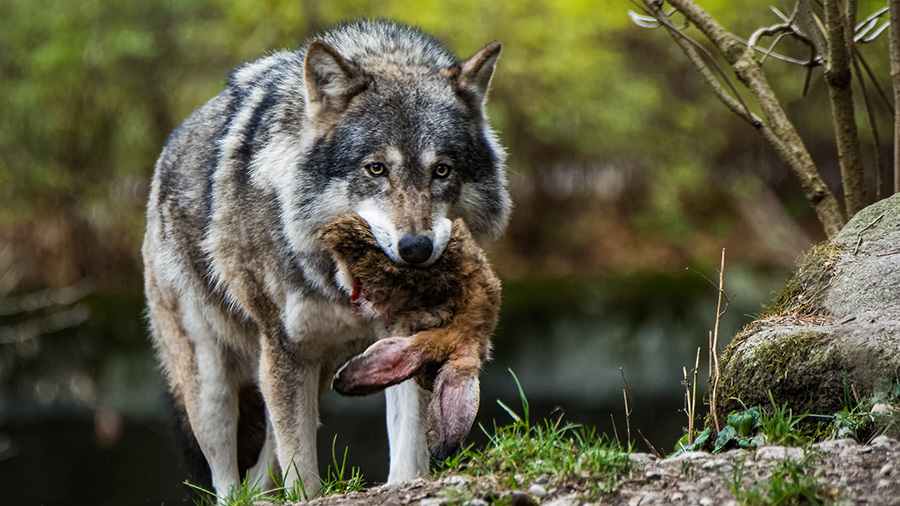
22 Dec 2023 Understanding the Challenge: The Illegal Killing of Large Carnivores in Europe
Europe’s recovery of large carnivores is a testament to conservation success. Yet, this achievement faces threats from illegal killings, undermining efforts for their conservation. Understanding the complex motivations behind these actions, from cultural traditions to socioeconomic pressures, is crucial for crafting effective conservation strategies.
Cultural and Social Dynamics
Cultural identity and traditions play significant roles in shaping attitudes towards carnivores. Conflicts often arise when conservation efforts clash with longstanding practices, highlighting the need for approaches that respect cultural nuances.
Governance and Socioeconomic Challenges
Protection measures sometimes symbolize rural-urban divides, providing mistrust in environmental policies. Moreover, the economic impact of carnivores on livestock farming leads to tensions, with some viewing illegal killing as a means to protect livelihoods.
Fear and Safety
Perceptions of risk, from livestock predation to human safety, fuel negative attitudes towards carnivores. Addressing these concerns is vital for fostering coexistence.
Conservation Allies: Hunters’ Role
Hunters and hunting associations emerge as key allies, advocating for coexistence through awareness, reporting, and active participation in conservation projects like the LIFE Lynx initiative. Their efforts underscore the importance of collaborative approaches to combat wildlife crime.
Moving Forward
Real progress hinges on integrating local communities into conservation plans, recognizing their concerns, and ensuring that large carnivore management respects both human and wildlife needs. The FACE General Assembly’s stance on “zero-tolerance” towards wildlife crime reinforces the commitment to understanding and addressing the root causes of these issues.
As Europe strives for coexistence between humans and large carnivores, acknowledging and addressing the multifaceted reasons behind illegal killings are pivotal.
Read the full report here and for more insights into conservation efforts and the role of hunters, visit the Biodiversity Manifesto.

